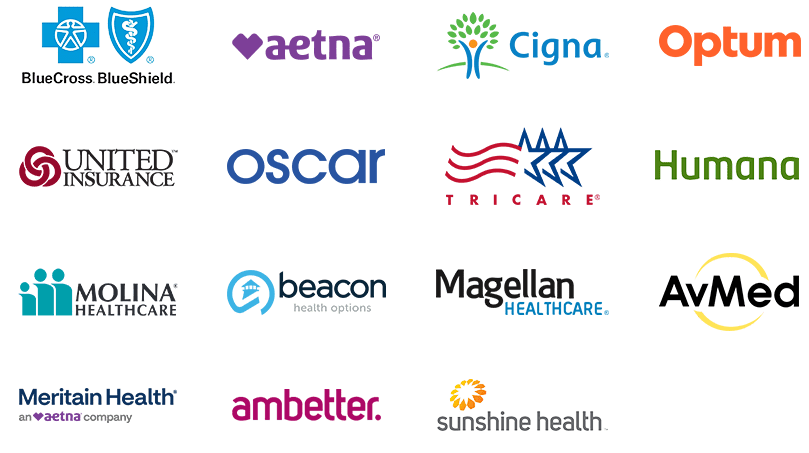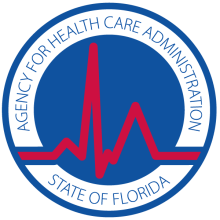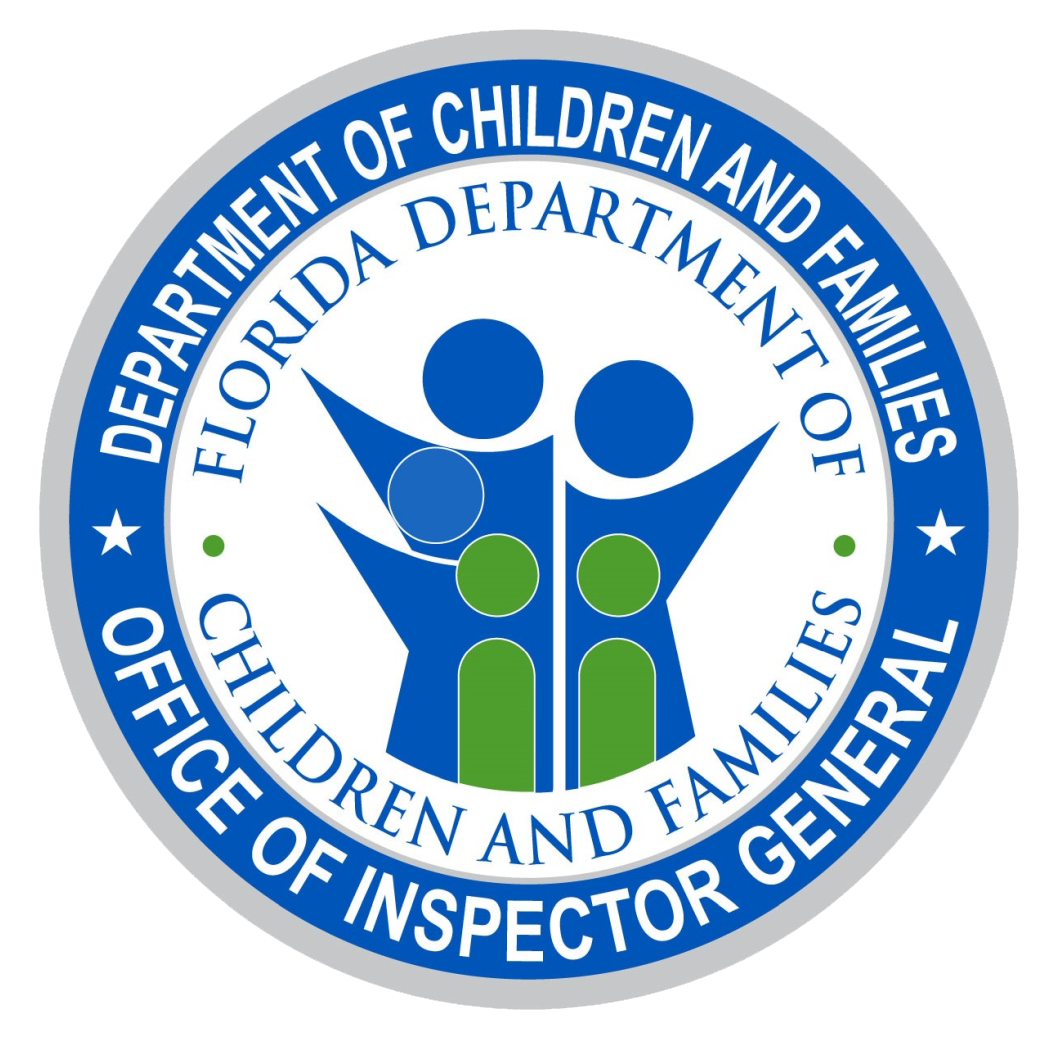Painkillers are medications specifically designed to relieve pain. They work by blocking pain signals from reaching the brain or by interfering with the brain’s perception of pain. By alleviating pain, these medications are crucial in improving quality of life for many individuals suffering from various conditions.
What are Painkillers?
However, misuse of painkillers can lead to serious long-term consequences that include addiction and overdose. Our South Florida addiction treatment can help you or a loved one struggling with painkiller abuse.
Types of Painkillers That May Cause Addiction
There are two primary categories of painkillers: over-the-counter (OTC) medications and prescription painkillers. Each category has its specific uses, benefits, and risks.
Over-the-Counter Painkillers
These medications are available without a prescription and are commonly used for mild to moderate pain relief. Examples include:
- Acetaminophen: Commonly used for headaches, muscle aches, and fevers.
- Nonsteroidal Anti-Inflammatory Drugs (NSAIDs): Include ibuprofen and naproxen, effective for pain related to inflammation, including arthritis.

Prescription Painkillers
These medications are typically prescribed for moderate to severe pain and may include opioids, which are highly effective but also carry a risk of addiction. Examples include:
- Oxycodone: An opioid medication commonly prescribed for severe pain, such as post-surgical pain or that related to cancer.
- Hydrocodone: This is often combined with acetaminophen for enhanced pain relief.
While over-the-counter painkillers can often address minor discomforts effectively, prescription painkillers are reserved for more serious conditions. The increased potency of prescription medications can raise significant concerns regarding dependency and misuse.
Request a Confidential
Callback 24/7
MEDICAL DETOXIFICATION
IS NECESSARY
It serves as an initial primer for the remainder of the individual’s treatment process. If a patient were to simply skip the detoxification phase of the recovery and go straight into clinical treatment, it’s quite likely that he or she would be experiencing or suffering from withdrawal symptoms and immediately leave treatment and seek comfort in their drug of choice. Although the severity of withdrawal symptoms can vary from one person to the net, the majority of individuals who are suffering from withdrawal would have extreme difficulty participating in treatment even if they stayed. With certain substances like alcohol and benzos posing potentially fatal withdrawal symptoms, detoxification is a must in order to effectively produce the best treatment outcome.
Principles Recovery Center is With You for Life.
The Causes of Painkiller Addiction
Painkiller addiction is a severe condition that occurs when an individual becomes dependent on these medications for their psychological and physical well-being. Despite their legitimate use in pain management, painkillers (especially opioids) have a high potential for developing addiction.
The Centers for Disease Control and Prevention (CDC) have reported alarming increases in opioid-related overdoses. The addiction process often starts with a legitimate need for pain relief. But over time, individuals may begin to misuse their medications. This can happen for various reasons, including the desire to experience euphoria, increasing dosage due to tolerance, or using painkillers as a coping mechanism to cope with stress and emotional pain.
Many individuals who become addicted may also have underlying mental health issues like anxiety or severe depression, which can exacerbate their reliance on painkillers. The temporary relief that these medications provide can create a cycle of dependency, where the individual feels unable to cope with their emotional or physical pain without the drug.
The societal stigma surrounding addiction can often prevent individuals from seeking the help they need. Many may feel ashamed or embarrassed about their condition, fearing judgment from others. This stigma can create a barrier to accessing treatment and support services.
Never Be Alone Again
Come Join Our Recovery Family
How We Help Set You Up for Success!
Signs of Painkiller Addiction
Recognizing the signs of painkiller addiction is essential for timely intervention. Some common indicators include:
Needing more of the medication to achieve the same level of pain relief over time.
Experiencing nausea, sweating, irritability, or cravings when not taking the medication.
Failing to fulfill personal, work, or social obligations due to painkiller use.
Withdrawing from friends and family and avoiding social activities.
Using painkillers even after significant negative outcomes, such as health issues or relationship problems.

If you or someone you know exhibits these signs, seeking professional painkiller addiction treatment is crucial. Early intervention can significantly increase the chances of successful recovery. A medical detoxification program can help you safely withdraw from painkillers in a supportive setting.
Insurance Can Help Cover
the Cost of Treatment at PRC.

WE’VE GOT
YOU COVERED!
Insurance coverage for treatment is within reach. We are in-network with most insurance carriers in Florida.

Long-Term Effects of Painkiller Addiction
Chronic addiction to painkillers can lead to various serious health consequences. Both the body and mind can be significantly affected by prolonged use of these substances.
Physical Effects
One major long-term effect is the potential for physical dependency, leading to withdrawal symptoms when not taking the drug. Repeated use can cause changes in brain chemistry, disrupting normal functioning and negatively affecting mood, decision-making, and behavior.
Individuals may experience some of these effects over time:
- Liver Damage: This is a particular risk with prolonged use of acetaminophen in high doses.
- Cognitive Decline: Long-term opioid or painkiller use may lead to decreased attention span, memory issues, and impaired judgment.
- Cardiovascular Issues: Certain painkillers may increase the risk of heart attack or stroke.
- Gastrointestinal Problems: Chronic use may lead to constipation and other digestive issues.
Psychological Effects
Beyond physical consequences, painkiller addiction can profoundly affect emotional and psychological health, contributing to depression, anxiety, and social withdrawal. The sense of isolation can be exacerbated by the stigma surrounding addiction, making it difficult for individuals to seek help or connect with supportive communities. Many may find themselves trapped in a cycle of shame and secrecy, further deepening their reliance on painkillers as a coping mechanism for emotional pain.
The impact of painkiller addiction extends beyond the individual, affecting families and communities. Relationships can suffer as trust erodes and loved ones struggle to understand the changes in behavior and personality that often accompany addiction.
The Value of Medical Detox
Medical detoxification, or detox, is a critical first step in the recovery process for individuals in painkiller addiction treatment. This process is closely monitored by healthcare professionals to ensure safety and effectiveness.
A medical detox center provides a controlled environment where individuals can safely withdraw from painkillers. The value of detox cannot be overstated, for the following reasons:
- Safety: Detoxing from painkillers, especially opioids, can pose serious health risks. Medical supervision minimizes the danger of complications.
- Management of Withdrawal Symptoms: Healthcare providers can administer medications to ease withdrawal symptoms, reducing discomfort and improving treatment adherence.
- Emotional Support: Medical detox often includes counseling and psychological support to address the emotional challenges of withdrawal. It may also decrease the risk of relapse, as withdrawal symptoms are not so severe that a person is tempted to use substances again to alleviate discomfort.
Medical professionals offer support to manage withdrawal symptoms, making the process significantly more bearable.
Keeping You Connected to Lasting Recovery.
Treatment for Painkiller Addiction
After completing detox, individuals struggling with painkiller addiction should consider entering a structured treatment program. Painkiller addiction treatment options vary, and each have unique strengths.

This intensive option offers 24/7 care in a residential facility, making it ideal for those with severe addictions or those who require a controlled environment. Benefits include:
- Constant medical supervision
- A structured environment that minimizes triggers
- Access to comprehensive therapy options
An outpatient rehab program provides flexibility, allowing individuals to maintain their everyday lives while receiving treatment. It typically includes:
- Regular therapy sessions
- Support groups
- Individual counseling
Regardless of the approach, relapse prevention is a crucial component of any treatment plan. Techniques may include:
- Behavioral therapy to help identify triggers
- Support groups
- Medication-assisted treatment to help reduce cravings and withdrawal symptoms.
Both inpatient and outpatient treatments can effectively address painkiller addiction and support sustainable recovery. The key is to choose a painkiller addiction treatment program that aligns with individual needs and circumstances.
The Value of Medical Detox
The Importance of Dual Diagnosis Treatment
Painkiller addiction can coincide with mental health issues, leading to what is known as a dual diagnosis (or co-occurring disorders). Dual diagnosis treatment is a specialized approach that addresses both substance use disorders and mental health conditions simultaneously, recognizing the complex interplay between the two.
Dual diagnosis treatment is vital, because mental health disorders and addiction often fuel each other. This can create a cycle of addiction that can be difficult to break. Treating one without addressing the other may lead to relapse or incomplete recovery. Painkiller addiction in particular presents unique challenges, as it can exacerbate conditions like depression and anxiety while presenting itself as a coping mechanism.
Our dual diagnosis program in South Florida for painkiller addiction treatment incorporates several key components to provide holistic care:
- Integrated Therapy: Cognitive-behavioral therapy (CBT) and dialectical behavior therapy (DBT) are commonly used to help individuals understand the root causes of their addiction and develop healthier coping strategies. These therapies are tailored to address both mental health and substance use disorders.
- Medication Management: In some cases, medication may be prescribed to manage withdrawal symptoms or underlying mental health conditions. This can include antidepressants, anti-anxiety drugs, or medication-assisted treatment (MAT) drugs for addiction (such as buprenorphine or methadone).
- Support Groups: Group therapy and support groups like Narcotics Anonymous (NA) provide a sense of community and shared experience. These groups offer encouragement and accountability, which are crucial for long-term recovery.
- Holistic Approaches: Many treatment programs incorporate holistic treatments such as mindfulness, yoga, and nutritional counseling to promote overall well-being and stress management.
For those struggling with painkiller addiction and mental health issues, seeking dual diagnosis treatment can be a transformative step towards recovery. Our aftercare program in South Florida can help you continue your recovery journey following addiction treatment.
Keeping You Connected to Lasting Recovery.
Heal From Painkiller Addiction at Principles Recovery Center
Overcoming painkiller addiction is a challenging yet achievable goal. At Principles Recovery Center, individuals can find the support and resources necessary to embark on their healing journey.
The center offers a compassionate and effective treatment environment that addresses the unique needs of each individual. Through a combination of medical detox, evidence-based therapies, counseling, and supportive services, clients can expect a holistic approach to painkiller addiction treatment.
We want to empower you to reclaim your life from painkiller addiction. With the right treatment, encouragement, and determination, healing is possible. Contact us today to learn more.
CREDENTIAL HIGHLIGHTS



